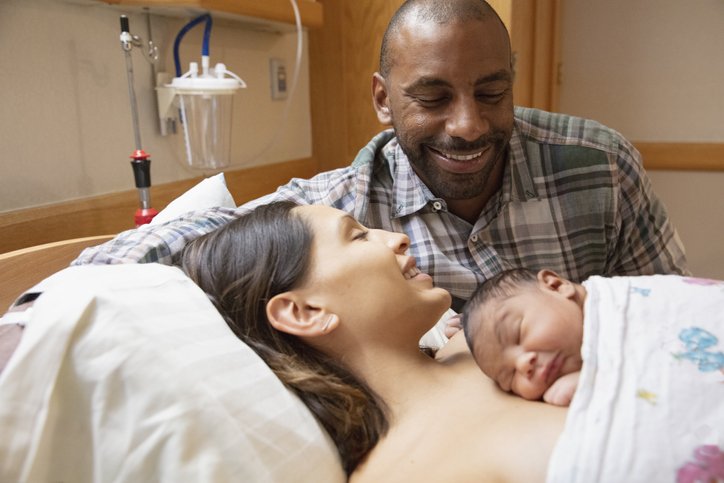Life Changes Quickly. Is Your Will Putting You at Risk?
If you already have a will in place, congratulations!
It’s a critical estate tool, yet only a small percentage of the population has completed this essential document. But if you think you can put your will behind you once you’ve completed it, you may want to think again. This all-important document shouldn’t be something you set and forget. Read on for some situations that can signal it might be time to update your will.

Your wishes have changed.
Changing your charitable designations or rethinking how you want your assets distributed are valid reasons to update your will. If you plan to make major changes, consider informing those who will be affected. For example, one of your adult children may have taken on your care after a health crisis. If you wish to leave money to that child that exceeds what their siblings are getting, explain your reasoning to them or be specific about it in your will.
A named beneficiary has died.
In some states, your assets are automatically given to your living spouse. However, you should also consider what you want to happen if your spouse predeceases you. What is your back-up plan? If you intend to leave your assets to your offspring, consider what might happen if one of them passes before you. Who will get their portion of your estate? Will it go to their children? Or will it be divided amongst the living siblings? Also, consider what you want to happen to your assets should all of your primary beneficiaries predecease you.
Your family has grown.
Major life changes, such as the birth or adoption of a child, should be reflected in your will. This affords you the opportunity to name a guardian to care for your minor child if something were to happen to both you and your spouse. You may also want to name a conservator or guardian to manage any assets minor children may inherit. Make sure that any directives in your will match those provided to your financial institutions.
You’ve moved.
If you move, you will need to ensure that your new address is reflected in your will. If you’ve moved to another state, be aware that your will is administered following the laws of your new place of residence. Are the estate tax laws the same? Are handwritten wills valid in your new state? What issues might the person handling your estate come up against? If you are unsure, consult an attorney in your new state.
Your finances and assets have changed significantly.
Your will should accurately reflect your current circumstances as closely as possible. Stocks go up and down, savings accounts grow and shrink, home values change. While you shouldn’t tweak your will every time there is a minor fluctuation, you’ll want to ensure that your remaining assets are divided as fairly as you intended. For example, you may have gifted one child a property that is now worth three times what you paid for it, while another property left to a different child may have depreciated greatly. Dramatic changes in your finances or assets may warrant a review and update of your will.
You’ve downsized or given away assets.
While you are living, you have a right to give away your possessions as you see fit. However, you’ll want to ensure that they are accurately reflected in your will. For example, if you have given a valuable family heirloom to one child, but left it to another in your will, legal and relationship issues could arise between your offspring after your passing. Or, if you’ve left two items of value to two of your children, but donated one of the items prior to your death, one child may feel slighted. Consider any items that you have bequeathed to your loved ones before you give them away. Update your will as necessary.
Your will is about much more than who receives your possessions.
It is a document that outlines your wishes up until the day that you pass from this life. If you have any questions about drawing up a will or making changes to an existing document, it is wise to consult with an attorney. They can help you navigate estate tax laws, designate your power of attorney, and answer any questions you have about handling your estate. They can also help you determine if your current will is sufficient.
We hope this information helps you to give some thought to your will and any reviews or changes it may require. If you have questions, please feel free to contact our compassionate professionals. It is always an honor to assist you.
About Vaughn Greene Funeral Services: For 25 years, Vaughn Greene Funeral Services has been providing a ministry of care to Baltimore’s African American community. As a leading local, minority- and family-owned provider, we promise to provide our highest level of service and respect to families who entrust us to honor their loved ones. For more information, please call us at 410.655.0015 or visit us online at https://vaughncgreene.com/.







Comments